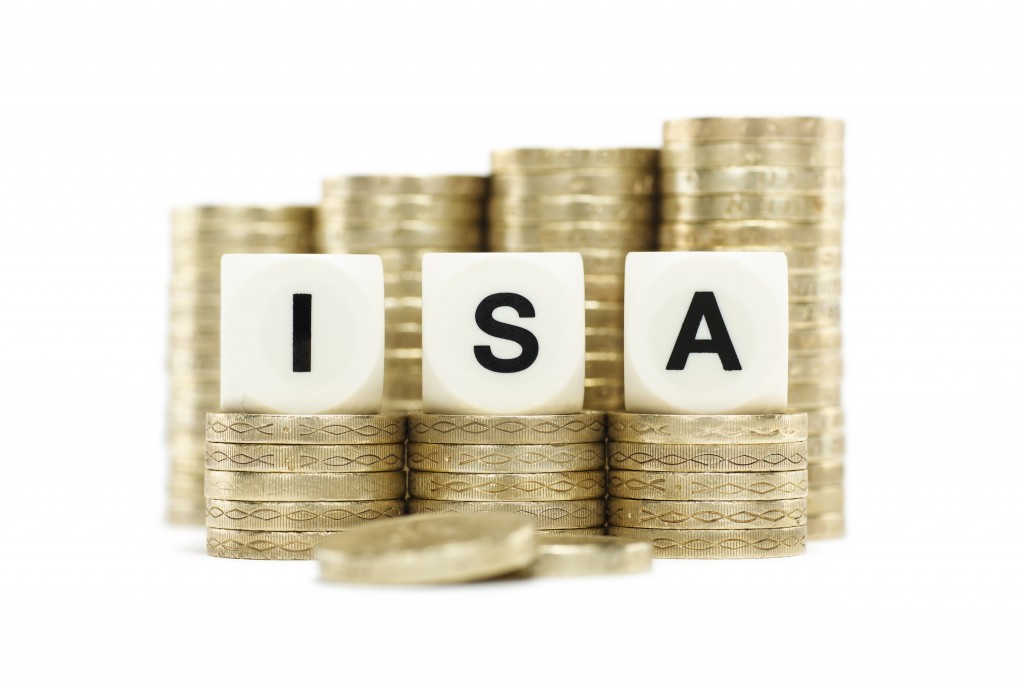The savings market has become more exciting of late for those with money set aside. In recent times we have seen significantly improved interest rates on offer for savings deals of all kinds, from easy access accounts to fixed rate bonds.
These higher interest rates make a big difference to savers, allowing them to enjoy much more impressive interest payments and build saving stashes which can be put to use in all sorts of different ways.
However, rising interest rates have made it ever more important for savers to consider precisely where they are keeping the money they have set aside, particularly if they want to avoid falling foul of tax laws and to maximise their investment return.
Why ISAs lost some lustre
The Individual Savings Account (ISA) has historically been a key starting point for savers.
The big selling point for ISAs has always been that the return on the money you save within them are completely tax free. Every penny earned goes straight to you rather than having to give some of it to the taxman.
That has become less of a draw in recent years though due to the combination of low interest rates and the Personal Savings Allowance.
The allowance sets out how much savers can earn in interest without paying tax on those returns, irrespective of where that money is being saved. It currently sits at £1,000 a year for basic rate taxpayers, dropping to £500 a year for higher rate taxpayers and nothing for those paying the additional rate.
Given the low rates of interest generally on offer in savings accounts in recent years, most savers have not come close to hitting the Personal Savings Allowance threshold. As a result, even if your money has been kept in a traditional savings account, chances are you have been able to keep every penny of interest.
Throw in the fact that traditional savings deals have regularly offered slightly improved rates compared with those on offer from ISAs, together with some of the restrictions that ISAs offer, and it has been a simple enough decision to stick with more traditional savings products.
Rising rates mean the situation has changed
That isn’t the case any longer. The Bank of England has consistently increased the bank base rate over the last year or so (lat month notwithstanding), to its current level of 5.25%.
As the base rate has grown, so too have the returns on offer from savings deals, both for ISAs and traditional savings products.
There has also been the welcome return of competition among savings providers, who are keen to attract savers’ money and so have been a little more proactive in offering more appealing interest rates.
This is obviously fantastic news for savers, but it does mean that it now pays to think a little more carefully about precisely where the money is being saved.
Keeping savings returns tax free
As those rates have increased so substantially, far more savers face the potential of having to pay at least some of the returns earned on their money to HMRC.
Government data shows that 1.7 million people paid tax on their savings interest in the 2022-23 tax year, up from just 800,000 in 2020-21.
Given the way rates have continued to grow since then, it’s likely that thousands more savers will find the taxman taking a slice of their returns. Unless of course they make greater use of their ISA allowance.
Everyone enjoys the same annual ISA allowance of £20,000 in a tax year, and by focusing your saving on your ISA you can ensure that you keep every penny of the interest generated.
If you manage to surpass that level, then it may pay to think about an ISA alongside a traditional savings account to build a savings portfolio that works in a tax efficient way.
Getting the most from your money
Building a savings pot is absolutely crucial for all of us. The challenges of the last few years have only highlighted the need to have money set aside.
Yet building a savings pot is only the beginning. Making your money work more efficiently to improve your earning potential is a smart way of thinking. Prioritising accounts which deliver tax-free returns should increasingly be on your mind.
Mike Taylor, Head of Products and Marketing at Mansfield Building Society

